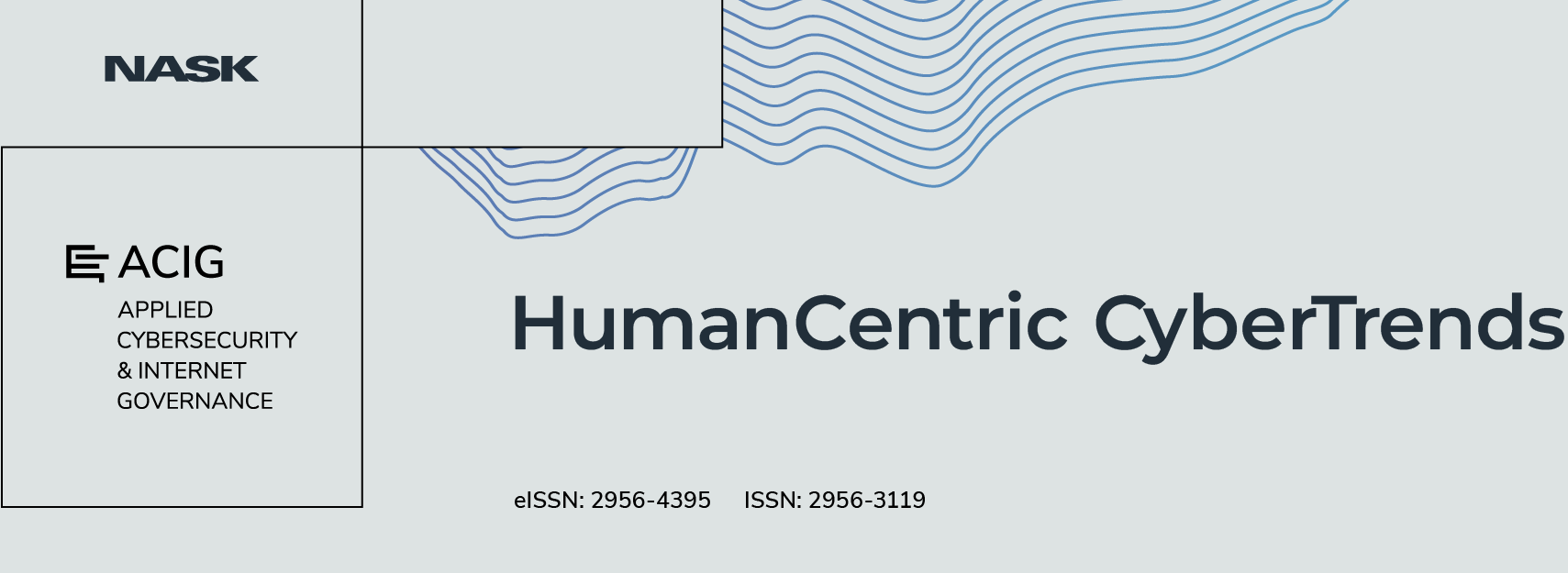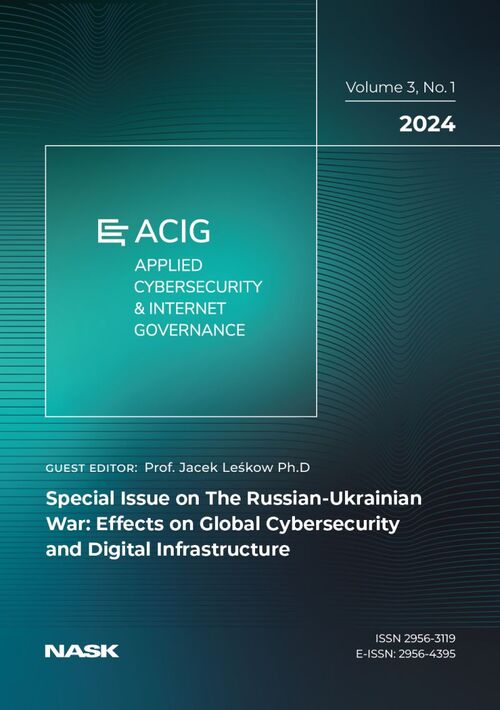An Expert Dialogue with Chris Bronk
ACIG editor Marek Górka talks to Chris Bronk from Hobby School of Public Affairs
Marek Górka: How did Russia's invasion of Ukraine change the USA's approach to cyberattacks and information operations?
Chris Bronk: The most important change has probably been in how US government agencies and private firms have supported Ukrainian cybersecurity efforts. US satellite Internet services have been indispensible to Ukraine, and we learned a great deal about how to protect them from cyberattack in the early days of the war.
In information operations, the US is learning a great deal from how the Ukrainians communicate both their triumphs and struggles with the world. Early in the fighting, it appeared that almost every anti-tank ambush yielded a drone/or mobile cam video of catastrophic armored vehicle kills. More recently, we have learned how Russian info operations have seeped into our national debate on foreign policy, and not just regarding Ukraine.
Marek Górka: What cyberattack techniques do North Korea, Iran, Russia, and China employ to achieve their political and military objectives?
Chris Bronk: China, Russia, North Korea, and Iran have very different motivations for cyberattack. North Korea is a thief, stealing from crypto wallets and once even a reserve bank. Russia allows a massive cybercrime industry focused on ransomware to operate on its soil, but can activate its hackers to meet state espionage and disruption goals. Iran seems to be the hub of malicious cyber activity aimed at regional players – Saudi Arabia, Israel – and encourages less criminal activity. China’s primary cyber activity is espionage – both political and economic.
Marek Górka: What role do hackers play in financing the activities of authoritarian states like North Korea?
Chris Bronk: North Korean hackers are the breadwinners of a despotic gangster state. They use ransomware, steal crypto-currency wallets, and drain bank accounts to funnel funds to the Kim regime. North Korea has dabbled in all sorts of criminal activity for decades, but cyber activity appears to pay off handsomely for them.
Marek Górka: How did Russia's invasion of Ukraine change the USA's approach to cyberattacks and information operations?
Chris Bronk: The most important change has probably been in how US government agencies and private firms have supported Ukrainian cybersecurity efforts. US satellite Internet services have been indispensible to Ukraine, and we learned a great deal about how to protect them from cyberattack in the early days of the war.
In information operations, the US is learning a great deal from how the Ukrainians communicate both their triumphs and struggles with the world. Early in the fighting, it appeared that almost every anti-tank ambush yielded a drone/or mobile cam video of catastrophic armored vehicle kills. More recently, we have learned how Russian info operations have seeped into our national debate on foreign policy, and not just regarding Ukraine.
Marek Górka: What cyberattack techniques do North Korea, Iran, Russia, and China employ to achieve their political and military objectives?
Chris Bronk: China, Russia, North Korea, and Iran have very different motivations for cyberattack. North Korea is a thief, stealing from crypto wallets and once even a reserve bank. Russia allows a massive cybercrime industry focused on ransomware to operate on its soil, but can activate its hackers to meet state espionage and disruption goals. Iran seems to be the hub of malicious cyber activity aimed at regional players – Saudi Arabia, Israel – and encourages less criminal activity. China’s primary cyber activity is espionage – both political and economic.
Marek Górka: What role do hackers play in financing the activities of authoritarian states like North Korea?
Chris Bronk: North Korean hackers are the breadwinners of a despotic gangster state. They use ransomware, steal crypto-currency wallets, and drain bank accounts to funnel funds to the Kim regime. North Korea has dabbled in all sorts of criminal activity for decades, but cyber activity appears to pay off handsomely for them.
We process personal data collected when visiting the website. The function of obtaining information about users and their behavior is carried out by voluntarily entered information in forms and saving cookies in end devices. Data, including cookies, are used to provide services, improve the user experience and to analyze the traffic in accordance with the Privacy policy. Data are also collected and processed by Google Analytics tool (more).
You can change cookies settings in your browser. Restricted use of cookies in the browser configuration may affect some functionalities of the website.
You can change cookies settings in your browser. Restricted use of cookies in the browser configuration may affect some functionalities of the website.


